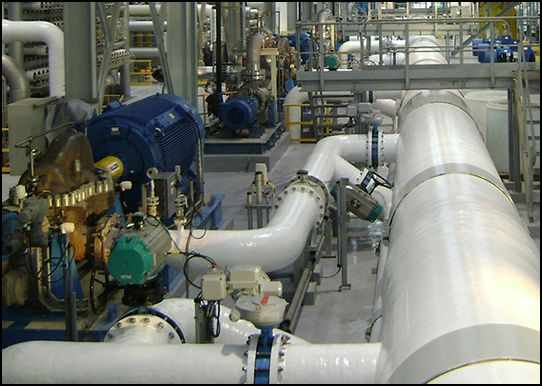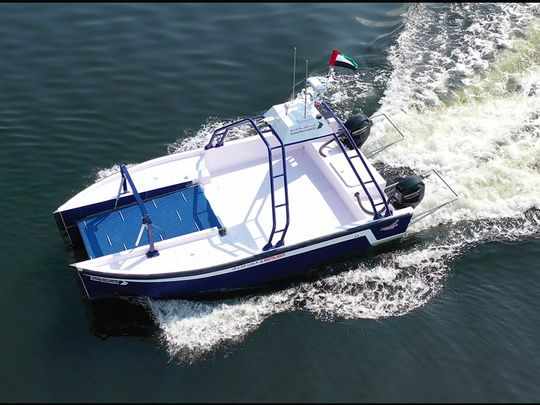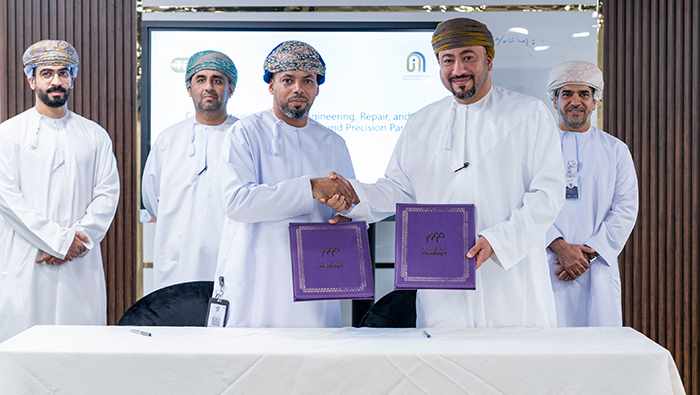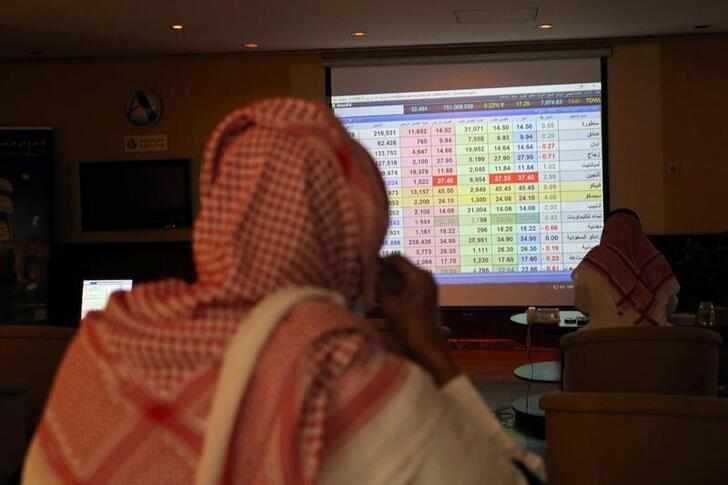Saudi confronts heavy toll of desalination
- Date: 17-Sep-2023
- Source: Kuwait Times
- Sector:Industrial
- Country:Saudi Arabia
Saudi confronts heavy toll of desalination
JUBAIL, Saudi Arabia: Solar panels soak up blinding noontime rays that help power a water desalination facility in eastern Saudi Arabia, a step towards making the notoriously emissions-heavy process less environmentally taxing. The Jazlah plant in Jubail city applies the latest technological advances in a country that first turned to desalination more than a century ago, when Ottoman-era administrators enlisted filtration machines for hajj pilgrims menaced by drought and cholera.
Lacking lakes, rivers and regular rainfall, Saudi Arabia today relies instead on dozens of facilities that transform water from the Gulf and Red Sea into something potable, supplying cities and towns that otherwise would not survive. But the kingdom’s growing desalination needs — fueled by Crown Prince Mohammed bin Salman’s dreams of presiding over a global business and tourism hub — risk clashing with its sustainability goals, including achieving net-zero emissions by 2060.
Projects like Jazlah, the first plant to integrate desalination with solar power on a large scale, are meant to ease that conflict: officials say the panels will help save around 60,000 tons of carbon emissions annually. It is the type of innovation that must be scaled up fast, with Prince Mohammed targeting a population of 100 million people by




















